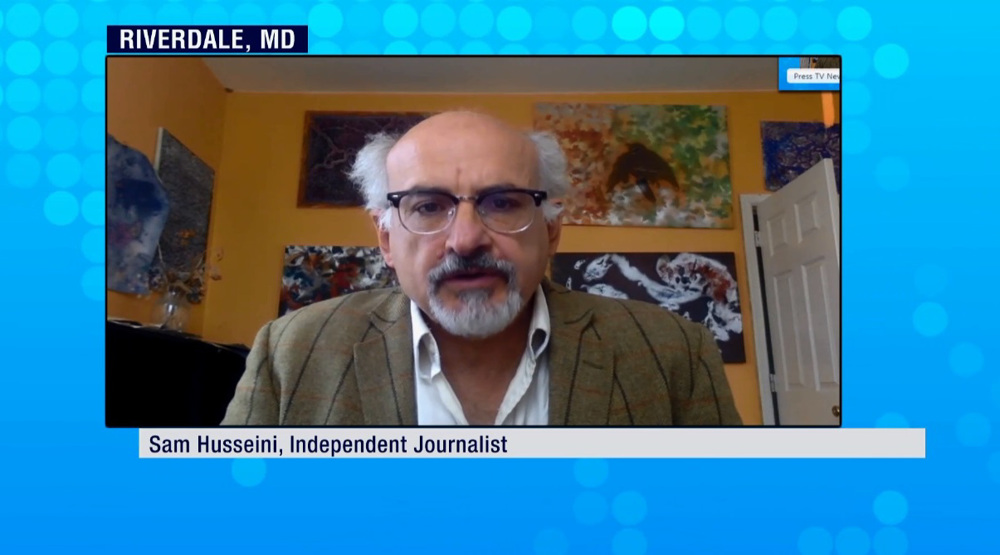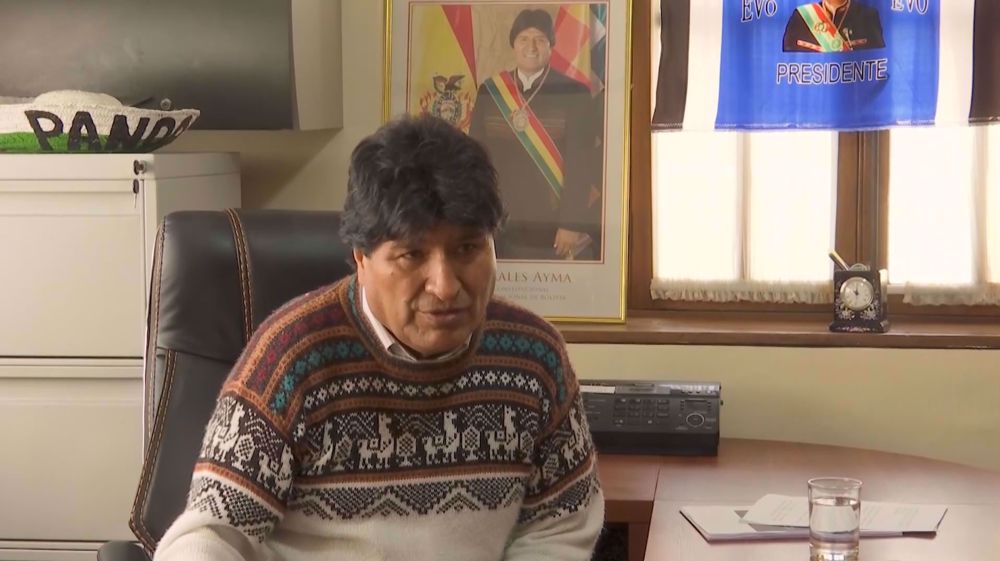Iran ballistic missiles designed to serve deterrence strategy: Commentator
Press TV has conducted an interview with Kaveh Afrasiabi, a political analyst from Boston, to discuss the US reaction to ballistic missiles tests by Iran's Islamic Revolution Guards Corps (IRGC).
The following is a rough transcription of the interview.
Press TV: How do you feel about this issue of ballistic missiles as raised now?
Afrasiabi: I think this was a welcome news from Washington and a step forward that they finally admitted that Iran’s missile tests are not in violation of the nuclear agreement and I hasten to add that they are also not in violation of the new UN Security Council resolution 2231 that was passed last July either because that resolution was a brainchild of the nuclear negotiations and put the seal of approval on the nuclear agreement. So, it is really an incoherent argument on the part of Washington to say that these tests do not violate the deal but they may violate the UN resolution which was a by-product of nuclear negotiations in the first place.
So, hopefully the Americans will re-think their position and do not follow these hopeless calls of taking this to the UN Security Council, where Russia and China are on record, opposing any sanctions on Iran over its missile program which are purely conventional and have no nuclear component or dimension and serve Iran’s deterrent strategy and also bring an element of stability to the regional arms race.
Press TV: Many people said that it was never about the nuclear program to begin with. There was always about the fact that Iran is an independent country. Do you think that this ballistic missile issue is becoming an excuse to always keep sanctions on the Islamic Republic?
Afrasiabi: Definitely. We see so many members of the US Congress who are pro-Israel and so on, that are trying to exploit the situation to introduce new anti-Iran legislation because they claim that Iran is violating its agreement which is not. The White House’s push on taking this matter to the UN has a flop side which is that it might weaken the nuclear agreement and its viability in the US domestic politics because if you say it is a violation of the UN, but not of the agreement, that weakens the agreement and I think that the White House officials should be very careful about that.
VIDEO | Iran, China eyeing billion-dollar investment opportunities
VIDEO | IRAN EXPO 2024 connects businesses looking for fresh opportunities
VIDEO | American awakening
VIDEO | In first, Bahraini resistance group strikes Israeli target in Port of Eilat
‘Saudi steps up arrests of Israel critics amid normalization prospect’
Houthi: Yemen preparing for 'fourth phase' of Red Sea operations
Turkey says suspending all trade with Israel over war on Gaza
Macron: Western troops in Ukraine possible if front lines breached









 This makes it easy to access the Press TV website
This makes it easy to access the Press TV website